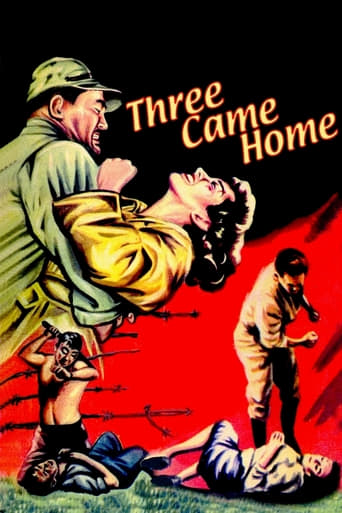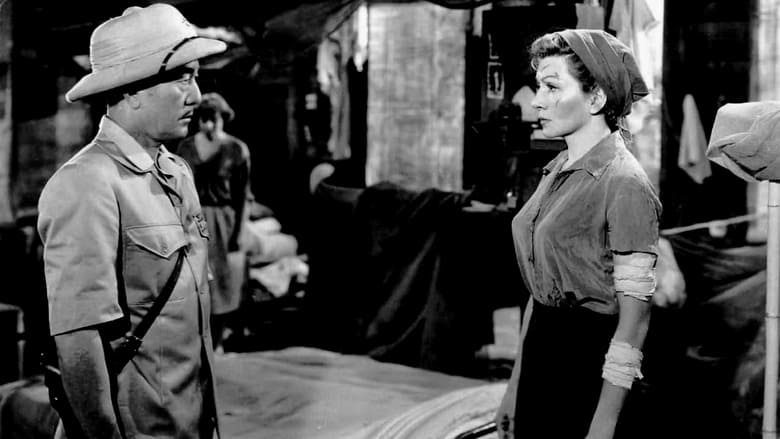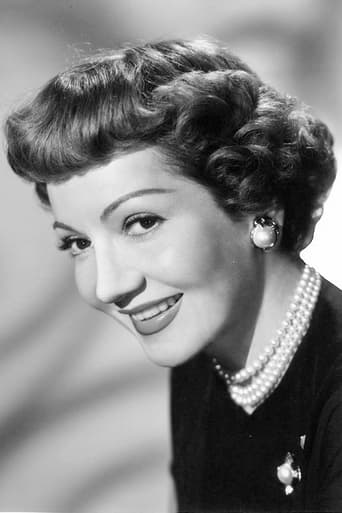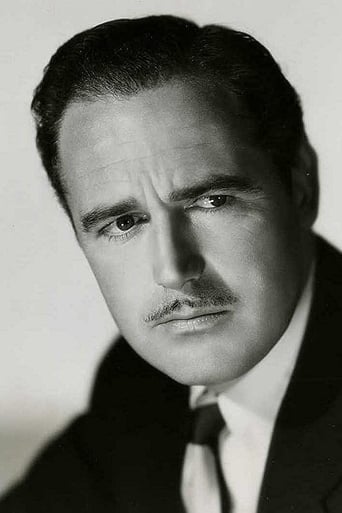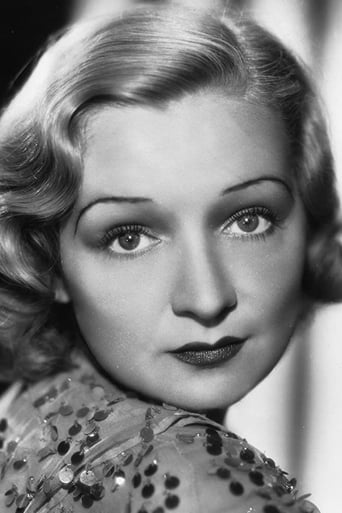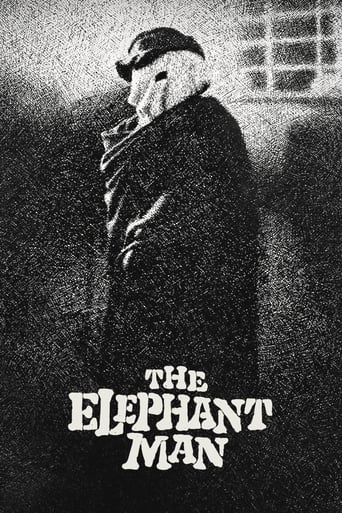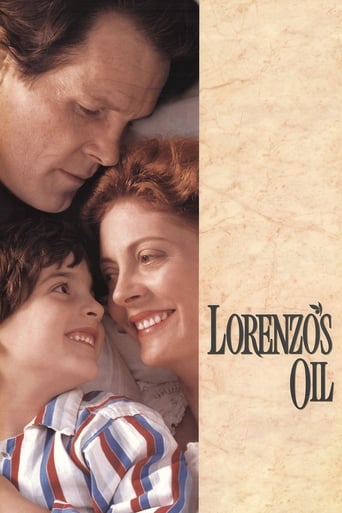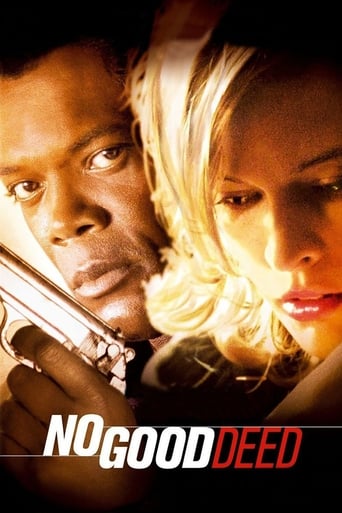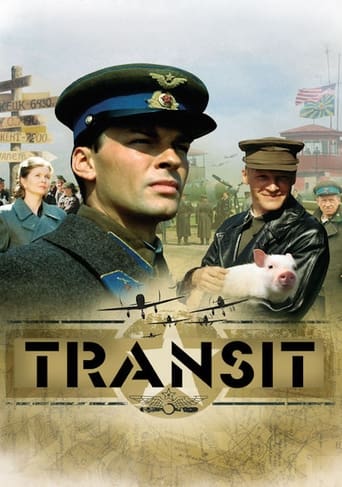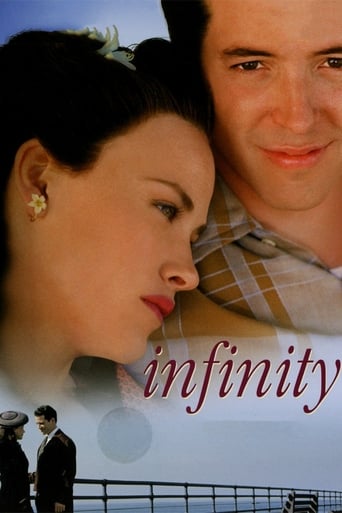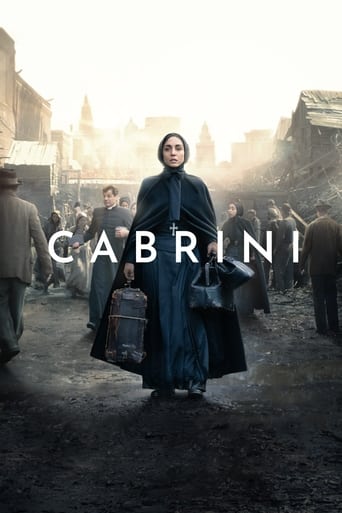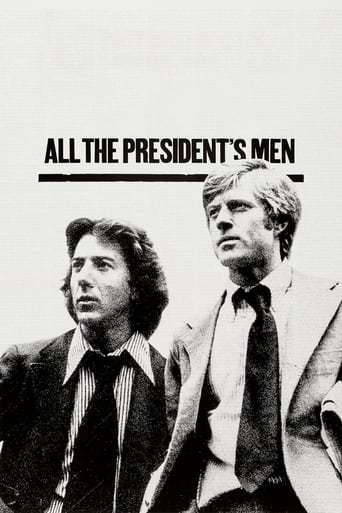Three Came Home (1950)
Borneo, 1941, during World War II. When the Japanese occupy the island, American writer Agnes Newton Keith is separated from her husband and imprisoned with her son in a prison camp run by the enigmatic Colonel Suga.
Watch Trailer
Free Trial Channels
Cast


Similar titles
Reviews
the leading man is my tpye
disgusting, overrated, pointless
The performances transcend the film's tropes, grounding it in characters that feel more complete than this subgenre often produces.
This movie tries so hard to be funny, yet it falls flat every time. Just another example of recycled ideas repackaged with women in an attempt to appeal to a certain audience.
Never heard of this movie, nor that Colbert had starred in it. Started off a little "gooey", typical of old Hollywood movies. But then graphic realism appeared. Women prisoners were struck and tortured by Japanese men and there was an attempted rape. There was a mass shooting of Australian male prisoners, witnessed by the female prisoners. There was malaria and near starvation conditions. I cracked up when Colbert said she had just eaten a "fish head" scrap taken from the Japanese soldiers garbage. Based on other sources, I think the conditions were probably far worse than depicted in this one movie or in this one camp; nonetheless, it was quite refreshing to see a major Hollywood actress from that period taking on a role that wasn't all glamor and fantasy. It was risky. And I enjoyed the happy ending. Once again, it wasn't typical Hollywood.
This is a rather remarkable film because it is a basically true story, and much of it was filmed in locales where it actually took place.Made in 1950, it is rather faithfully based on the memoirs of Agnes Newton Keith. It tells the story of her family's ordeal of being civilian POWs of the Japanese after the Japanese invasion of what is today Indonesia. Keith and her young son were interned at a camp in Sarawak, which was not liberated until September, 1945. Her husband had been a British official in the region and was interned at a different camp for men.None of us can imagine what it must have been like for the Brits taken prisoner, but this film gives one a pretty good idea. As I watched the film several things occurred to me. First that these women and children -- at least according to this film -- had to live much as many "locals" live in southeast Asia today "upcountry". I lived in Thailand for a while, and when I visited my partner's village in 2010, I saw conditions much like some depicted in this film. Of course, it is different when you are prisoner. I also detected racial tension, though subtle, in this film.Surprisingly, the most touching scenes of the film were when the Japanese camp commandant learns this his entire family was killed in the atomic bombing of Hiroshima, and he takes 3 of the British children to his temporary home near the camp for a sort of picnic.As always, Claudette Colbert was excellent here, as was Sessue Hayakawa, who plays a very different role than his character in "The Bridge On The River Kwai".This is not a film I want on my DVD shelf, but it is very good.
During WWII a family stationed in Borneo is captured by the Japanese and struggle to survive in brutal POW camp in the Far East. This is a true story, exterior scenes were photographed wherever possible in Borneo in the exact locales associated with the event as related by Mrs Keith (Claudette Colbert) , an American married to a British administrator (Patrick Knowles). The happenings throw the whole family into a hard concentration camp . Their confinement is recounted in unsparing and harrowing detail , as the British-American family find themselves interned for the long duration . As orders from Nipponese Army Administration are strict as ¨ All Europeans will evacuated swiftly to prison camps , be ready when the truck calls , each prisoner will be permitted one suitcase . Men and women will be imprisoned separately ¨ . ¨To avoid punishments and beatings , the ladies should presume themselves to endeavor , with passive behavior not negative¨. Meanwhile, Mrs Keith suffering a surreal and brutal experience ; however , she attempts to lift the spirits of his son and the brutalized women. When Mrs Keith is cruelly attacked , she denounces the deeds , then she is obligated to sign the following : ¨I swear the events are the truth . I was not attacked by a Japanese soldier, I was not attacked by anyone. I made the charge because I was hungry over punished last week ¨.Interesting and strong drama based on an autobiographical book by Agnes Newton-Keith , being perfectly adapted by Nunnally Johnson . No weakest in the cast and few in the movie , which presents the women's Japanese captors as human and inhuman at the same time with clashing cultures included . Clearly there's much longer plot in this, but director Jean Negulesco concentrates on the passionate acting of Colbert . It's a taut psychological drama about physical and emotional survival focusing on the tensions between Claudette Colbert , soldiers and camp commander well played by Sessue Hayakawa as cultured officer. Crammed with emotive moments , the picture has a string of committed performances from Colbert , Knowles , Desmond and Hayakawa . Familiar ground is trod in this prisoner-of-war saga , but the thought-provoking story and magnificent acting help sustain interest. This superior though overlooked drama , is also laudable for a fairly portrayal of the enemy captors and being masterfully directed by Jean Negulesco. Rating : Above average , worthwhile watching .Other film about women on concentration camps mistreated by Japanese military during WWII are the following : ¨Women on valor¨(1986) by Buzz Kulik with Susan Sarandon , Kristy McNichol and Alberta Watson set in Philippines and ¨Paradise road¨(1997) by Bruce Beresford with Glenn Close , Julianna Margulies and Frances McDormand , set in Singapur.
"Three Came Home" would be worth seeing for the actual-location footage of Borneo alone, but its qualities only begin there. This is a powerful, praiseworthy movie, and the very reason for its power is -- well, I'd suggest it's something that many fellow IMDb reviewers underestimate: the era it was made.Several reviewers wrote a fairly common remark, especially about black-and-white pictures, in these forums: that this film is "surprisingly good" or "good for its time period." Let's take that idea to its logical conclusion. Was King Lear "good for 1606"? Was Mozart's Requiem "good for 1701"? Are Citizen Kane and The Maltese Falcon "good for 1942"? No. All ages produce masterpieces as well as plenty of popular entertainments. 1950 had Ozzie & Harriet, but it also delivered All About Eve, The Third Man, Rashomon, and this film. The unfortunate truth is, many people believe that any outstanding work of art that preceded their generation is "surprising." But I rush to add that indeed there was something different fifty years ago, not surprising, but important: Filmmakers showed restraint. Though it is about war, "Three Came Home" generates emotional power with very little staged brutality. There's more carnage in 7 seconds of "Se7en" than in the whole of this war film. Consider: Although it is brief and entirely bloodless, the scene where Claudette Colbert is tortured is almost unbearable.But the greatest strength of this film is its fairness. Although all the brutality is perpetrated by the Japanese occupiers, they aren't villains. We come to respect the colonel played by the magnificent Sessue Hayakawa. In fact, when his character talks about his son's death at home-- and then says it happened at Hiroshima — it's another breathtakingly powerful moment, and our sympathy is immediately with him. As Colbert's character says to him, "Whatever the rest is, there's no difference in our hearts about our children."

